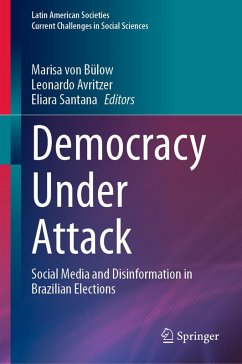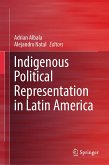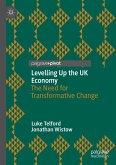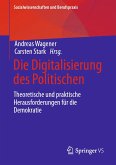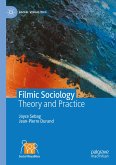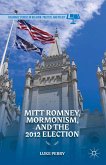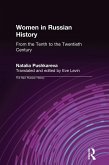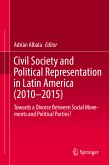In facing the potentially harmful effects of the uses of digital technologies on electoral integrity, the Brazilian case offers key lessons. Brazil stands as one of the most important global democracies, but it is also one that has been under attack from autocratic and extremist forces in the past decade. These forces have leveraged digital communication technologies extensively to advance their agendas and launch disinformation campaigns. Furthermore, the country is one of the main markets for digital companies. Their role in Brazil and how Brazilian actors react to them has a widespread impact in Latin America and beyond. As this book shows, the 2022 electoral process serves as a compelling case study of how various actors, including electoral authorities, civil society organizations, journalists, scholars, and prodemocracy activists, came together in the months leading up to the election to combat the rampant abuses facilitated by digital technologies and defend electoral integrity.
Because of the similarities between the Brazilian context and the challenges being faced by other democracies, this book will be of interest to a broad international audience that is worried about the crisis of democracy and its resilience, as well as the impacts of asymmetric polarization.
Dieser Download kann aus rechtlichen Gründen nur mit Rechnungsadresse in A, B, BG, CY, CZ, D, DK, EW, E, FIN, F, GR, HR, H, IRL, I, LT, L, LR, M, NL, PL, P, R, S, SLO, SK ausgeliefert werden.
Hinweis: Dieser Artikel kann nur an eine deutsche Lieferadresse ausgeliefert werden.

